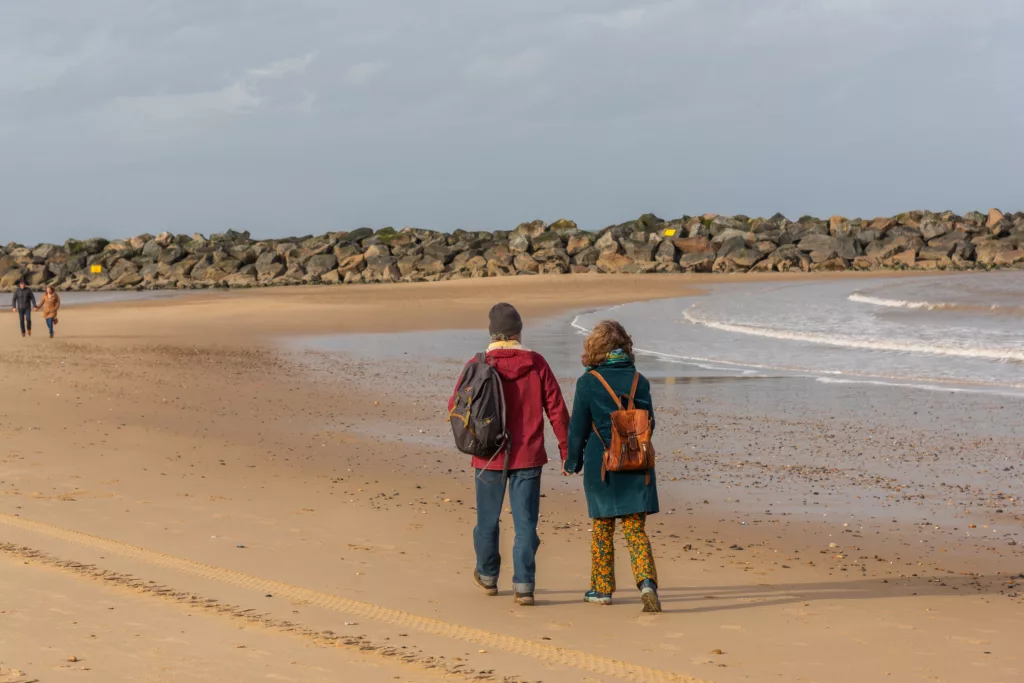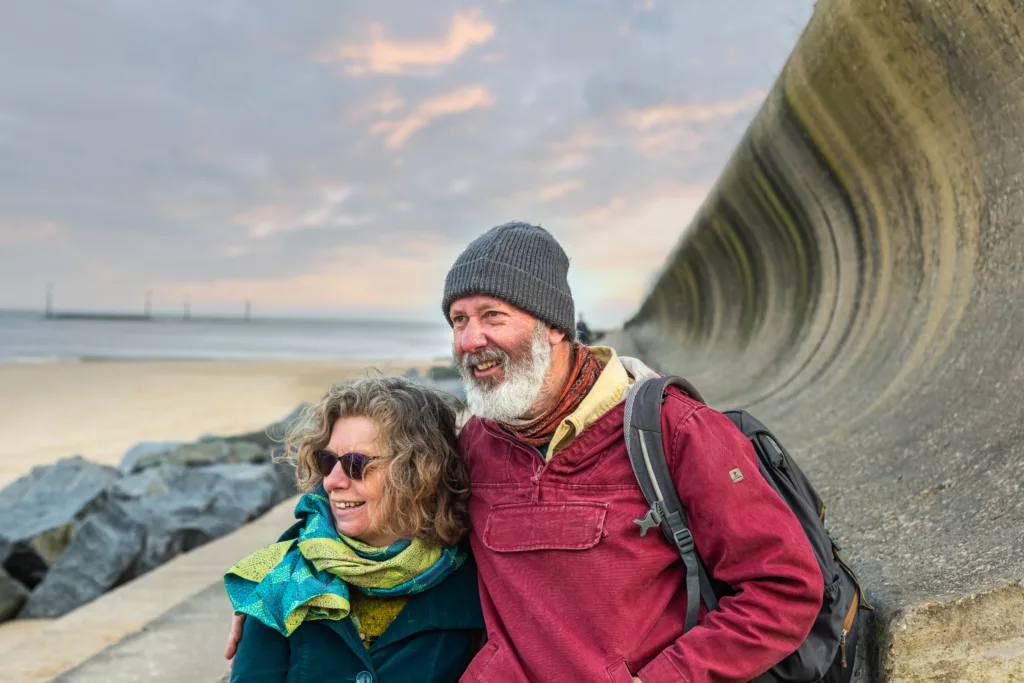The east coast of Norfolk was an area synonymous with smuggling, a fact well recognised by the authorities who sent regular revenue cutters to patrol the coast with seizures of tea and genever were common. You might wonder what ‘genever’ is, well it’s derived from the French word genièvre, which originates from the Latin word juniperus. We know this tipple today in its shortened word version, gin. During the 17th and 18th centuries smuggling was a real problem for the revenue men, who responded by building a Coastguard Station at Sea Palling in 1822. Especially dangerous, it was reputed that a band of armed smugglers were based in the village. There was also a regular supply of salvage work from the many shipwrecks. Local fishermen organised themselves into beach companies, purchasing fast sailing yawls. In Sea Palling, the two beach companies were known locally as the Blues and the Whites. As a perilous occupation they charged exorbitant payments but considering the risks it’s understandable. The Blues and Whites prospered, building brick sheds and a lookout over the notorious Happisburg Sands, a graveyard for many a ship. However, tragedy struck on 16th December 1842 when one crew was lost, and then a few weeks later one of the surviving yawls went down with all hands lost.
When in 1948 the steamer The Bosphorus became stuck on Happisburg Sands, its cargo of oranges was jettisoned. The beaches became awash with floating oranges. To the post-war locals, who had been deprived of fresh food during the war, this was “miraculous”. Thus, another Palling custom was revived – that of plunder, an activity that went back for centuries when the scavengers of wrecks, who were known as “pawkers”, took what they could find. Today a beautiful little spot, that has a rich history and a warm welcome, just walk and contemplate.

